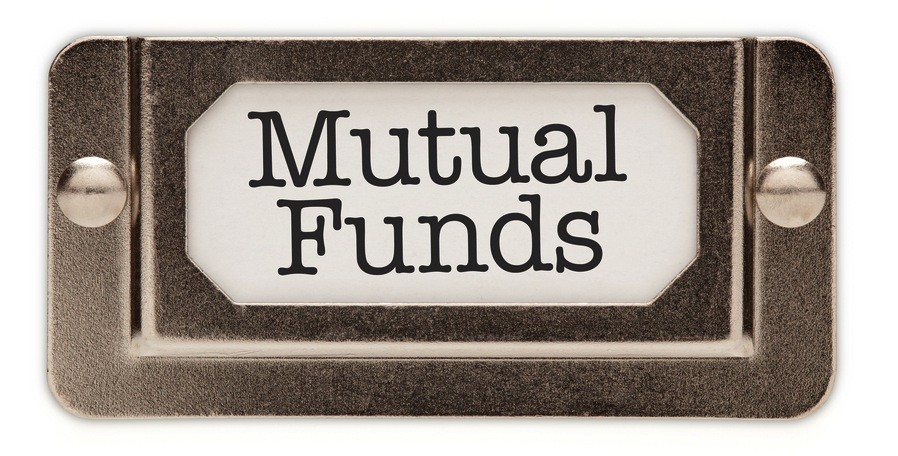Best Mutual Funds for Beginners
Post on: 27 Март, 2015 No Comment

How and Where to Buy Your First Fund
Jay Brousseau/ The image Bank/ Getty Images
Choosing the best mutual funds for beginners is not a matter of finding the best performers of the day. Instead, beginners are wise to know their investment objectives and future plans and prepare for a long-term strategy. Therefore, assuming you want to do it yourself, it is wise to know which mutual fund companies have the best variety of low-cost, no-load funds.
No-load funds are ideal for beginners because they are free of broker commissions and sales charges, collectively known as loads, which are intended as payment for advisory services. If you are buying your own mutual funds, it is assumed that you have already made the do-it-yourself vs advisor comparison and have decided to go it alone with your mutual fund purchases. Therefore there is no good reason to pay fees with load funds, especially because no-load funds often provide returns superior to load funds over long-term holding periods. In different words, if you are a buy and hold investor and your investment objective (e.g. retirement) is several years or more away from now, you will likely do best with no-load funds.
I am assuming that you will not stop with just one mutual fund and your investment goals are long-term (more than 5 years). Therefore you will want to consider mutual fund companies that have wide variety of mutual fund categories and types because you will need to continue building your mutual fund portfolio for the purposes of diversification. Some of the best no-load mutual fund companies include Vanguard Investments. Fidelity and T.Rowe Price .
Index funds can be a great place to begin building a portfolio of mutual funds because most of them have extremely low expense ratios and can give you exposure to dozens or hundreds of stocks representing various industries in just one fund. Therefore, you can meet the initial goal of getting a low-cost, diversified mutual fund. For more on index funds, check out our Index Investing FAQ page. Again, Vanguard, Fidelity and T. Rowe Price are good mutual fund companies for index funds. You can also look at Charles Scwhab .
If you want to take the most simple route and invest a lump sum in one fund, there are a few options that work best in terms of keeping costs low and diversification broad:
- Balanced Funds. Also called hybrid funds or asset allocation funds, these are mutual funds that invest in a balanced asset allocation of stocks, bonds and cash. The allocation usually remains fixed and invests according to a stated investment objective or style. For example, Fidelity Balanced Fund (FBALX) has an approximate asset allocation of 65% stocks, 30% bonds and 5% cash. This is considered a medium risk or moderate portfolio .
There are dozens of sites where you can do your fund research and analysis. However, you really only need one good research site and there are a few that provide high quality information with simple, easy-to-use formats. Morningstar has been researching mutual funds for decades and made research simple with their famous star rating system. You can also check Lipper Leaders and Fund Reveal .
Before you begin research, you’ll want to know what features you are looking for in a fund. This includes more than just past performance. As you know, you’ll want to look for no-load funds with low expense ratios, which can increase odds of acceptable future returns. These features are especially important for index funds, which are also called passively-managed funds because the fund manager is not attempting to beat the market but rather match an index (passively).
There are also actively-managed funds. where the fund manager is actively trying to obtain the best returns for a reasonable amount of risk. These funds will naturally have higher expense ratios because the additional research required increases the expenses of managing the fund. With actively-managed funds you will want to check manager tenure to be sure the fund manager has been at the helm for at least 3 years (and hopefully 5 years or more). This is assurance that the performance of the fund is due to the current manager and not some other person who recently retired or left the fund company to manage a different fund.
Prior to buying your first mutual fund, you are wise to understand how to build a portfolio of mutual funds. This returns to the initial point of knowing your long-term plans for investing and basing your fund purchase on this plan. You can look at this as drawing and reviewing a house plan before building its foundation.
Above all keep things simple and be sure not to over-think or over-analyze mutual funds. Sometimes just getting started is the best idea. The details can work themselves out later and waiting too long to invest will begin to undermine your investment goals.
Disclaimer: The information on this site is provided for discussion purposes only, and should not be misconstrued as investment advice. Under no circumstances does this information represent a recommendation to buy or sell securities.














